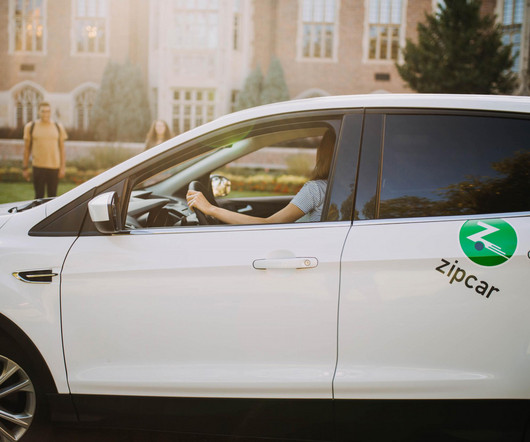Electrify America releases $300M Cycle 2 national ZEV investment plan; metro charging, autonomous charging, renewable generation
Green Car Congress
FEBRUARY 8, 2019
The $300-million investment will build on Electrify America’s initial priorities and expand into new areas, where the need for electric vehicle charging stations and technology are greatest or are most likely to be used regularly. Highlights of the National Cycle 2 ZEV Investment Plan include: Charging Infrastructure.












Let's personalize your content